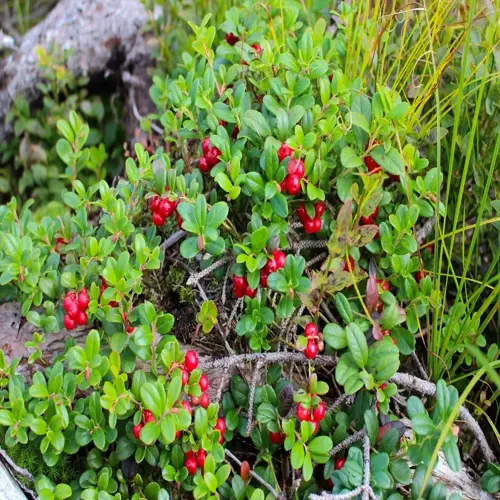Can I add supplements like Epsom salt to compost tea?

Written by
Kiana Okafor
Reviewed by
Prof. Samuel Fitzgerald, Ph.D.When you add supplements directly to compost tea, you are disrupting the fragile balance of microorganisms that you have developed. Epsom salt provides magnesium, which can still support helpful microbes; however, it can harm beneficial microbes when used in excess, such as over 1 tablespoon per gallon. I ruined batches of tea by trying to learn how to apply supplements all at once before learning to obtain minerals separately. Instead of adding additives to the tea, use soil amendments or foliar sprays where you maintain the biological integrity of the tea.
Problematic Additives
- Epsom salt: Disrupts bacterial/fungal balance above 0.5% concentration
- Fish emulsion: Causes anaerobic conditions during brewing
- Kelp powder: Alters pH affecting microbial diversity
- Bone meal: Clogs equipment and promotes pathogens
Safe Alternatives
- Apply minerals as soil amendments weeks before brewing
- Use foliar sprays of diluted supplements separately
- Incorporate rock dusts during compost creation
- Choose compost ingredients rich in needed minerals
Comprehend how supplements interfere with microbial systems. Minerals such as magnesium and potassium compete with microbes for binding sites, leading to high amounts of product osmotic stress and and rupturing bacterial cells. I evaluate pH spikes, indicating kelp elevates levels over microbial tolerance. Keep tea's biological activity without additives.
Use minerals wisely without sacrificing tea. To correct magnesium deficiencies, incorporate Epsom salt into your soil 2-3 weeks prior to brewing. For additional minerals, apply diluted kelp extract in foliar sprays between tea applications. My tomatoes receive tea biweekly and sprays of kelp once a month, and they are resilient. Water all soil amendments into the soil instead of applying materials directly to your brewing ingredients.
Select compost ingredients that contain the necessary minerals and nutrients. You can use banana peels for potassium and eggshells for calcium in the compost. In fact, my custom compost mix provides all the essential minerals without any external supplementation. Test your soil once a year to identify any deficiencies that may have developed if you have eliminated the need for minerals in your compost production. You can also watch the plants for signs of deficiency, such as yellowing leaves, before you add the minerals.
Read the full article: Compost Tea Brewing: The Ultimate Guide

